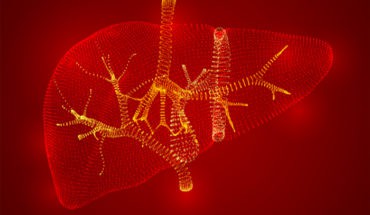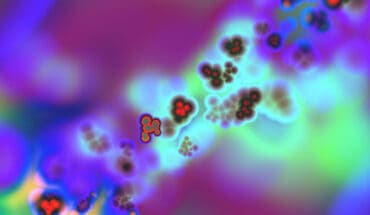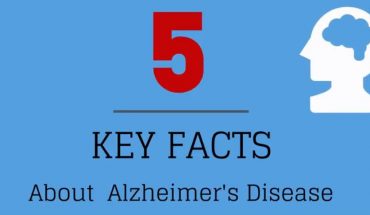Immune discovery could aid vaccine development for common cause of sore throat. Researchers have made a discovery that could aid in the development of a vaccine for a common cause of children’s sore throats.
The research, led by the Murdoch Children’s Research Institute (MCRI), and published in Nature Communications, has identified an immune system signature associated with acute pharyngitis (strep throat).
MCRI researchers Dr Joshua Osowicki, Professor Andrew Steer, Associate Professor Paul Licciardi, Associate Professor Daniel Pellicci, contributed to the study, which aimed to advance vaccine research into Strep A by better understanding the immune response to the bacteria.
Strep A causes at least 750 million infections and more than 500,000 deaths each year. The bacterium is the most frequent cause of pharyngitis (sore throat) and a very common cause of skin infections in children. These infections can lead to dangerous complications such as kidney damage, rheumatic fever and rheumatic heart disease.
Rheumatic fever and kidney inflammation after Strep A infections particularly affect school-aged children and causes accelerated heart disease and kidney disease in early adulthood.
“Strep A disease disproportionately affects young children, pregnant women and the elderly,” Dr Osowicki said. It’s one of the most common reasons for a healthy child to be critically ill in ICU with an infection 24 hours later.”
“No vaccine is currently available for Strep A, and greater efforts are required to develop new vaccines to prevent serious disease and death caused by this bacterium.”
For the initial study, the researchers undertook comprehensive immune profiling of the early immune response in blood and saliva from 25 healthy adults who were challenged with Strep A (painted onto the back of their throat), 19 of whom subsequently developed acute symptomatic pharyngitis.
Associate Professor Pellicci said they were able to identify an immune signature associated with acute pharyngitis, that would aid in the development of a future vaccine for Strep A.
“An immune signature is a marker in the blood that establishes whether a person has responded to an infection,” he said. “We plan to look for this immune signature in people that receive vaccines to prevent Step A infections, which may fast-track research to identify effective vaccines that prevent serious diseases caused by this bacterium.”
Professor Steer said critical knowledge gaps had hindered Strep A vaccine development but understanding the human immune response to the infection, via a human challenge study, could accelerate the development of effective vaccines.
A human challenge study is a type of clinical trial for a vaccine involving the intentional exposure of the test subject to the condition tested in a controlled environment. By understanding the immune response, researchers are then able to better understand what vaccines might be effective.
“As well as providing a platform to evaluate candidate vaccines, a human-challenge model allows us to study the immune response to infection using samples collected before, during, and after development of disease,” Associate Professor Paul Licciardi said.
Human-challenge models have been established for other infectious pathogens such as malaria and have enormous potential to successfully guide vaccine development.
The Royal Children’s Hospital and the University of Melbourne also contributed to this research.
Publication: Anderson, J., Imran, S., Frost, H.R., Azzopardi, K.I., Jalali K., Novakovic, B., Osowicki, J., Steer, A.C., Licciardi, P.V., Pellicci, D.G. ‘Immune signature of acute pharyngitis in a Streptococcus pyogenes human challenge trial,’ Nature Communications. DOI: 10.1038/s41467-022-28335-3
Funding: This study was supported by an Australian Postgraduate Award Scholarship, CSL Centenary Fellowship, National Health and Medical Research Council (NHMRC) Career Development Fellowship (GNT1146198), Viertel Senior Medical Research Fellowship, NHMRC Investigator Grant (APP1173314), NHMRC postgraduate scholarship (GNT1133299) and NHMRC Project Grant (GNT1099183).
*The content of this communication is the sole responsibility of MCRI and does not reflect the views of the NHMRC.
- New lipid-based pathway discovered as key to memory formation - 25th June 2025
- Crucial link could explain how Alzheimer’s takes hold - 25th June 2025
- Understanding Your Mind Can Improve Daily Life - 25th June 2025







